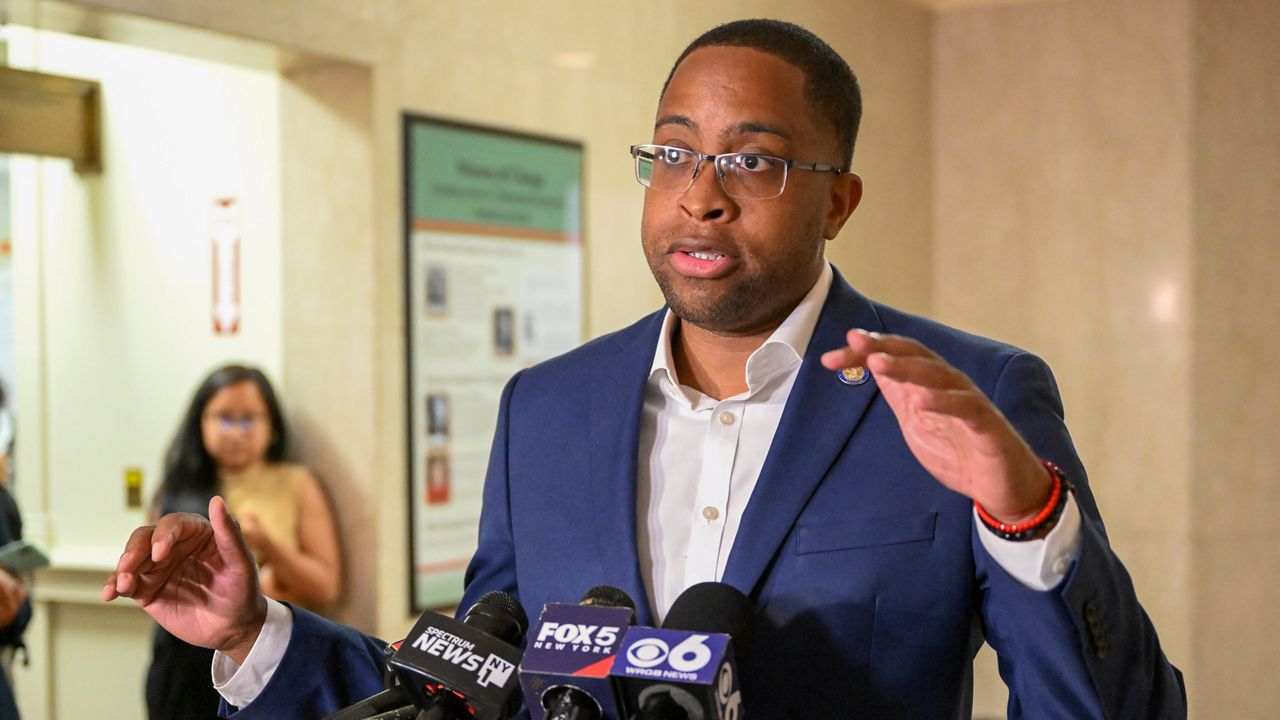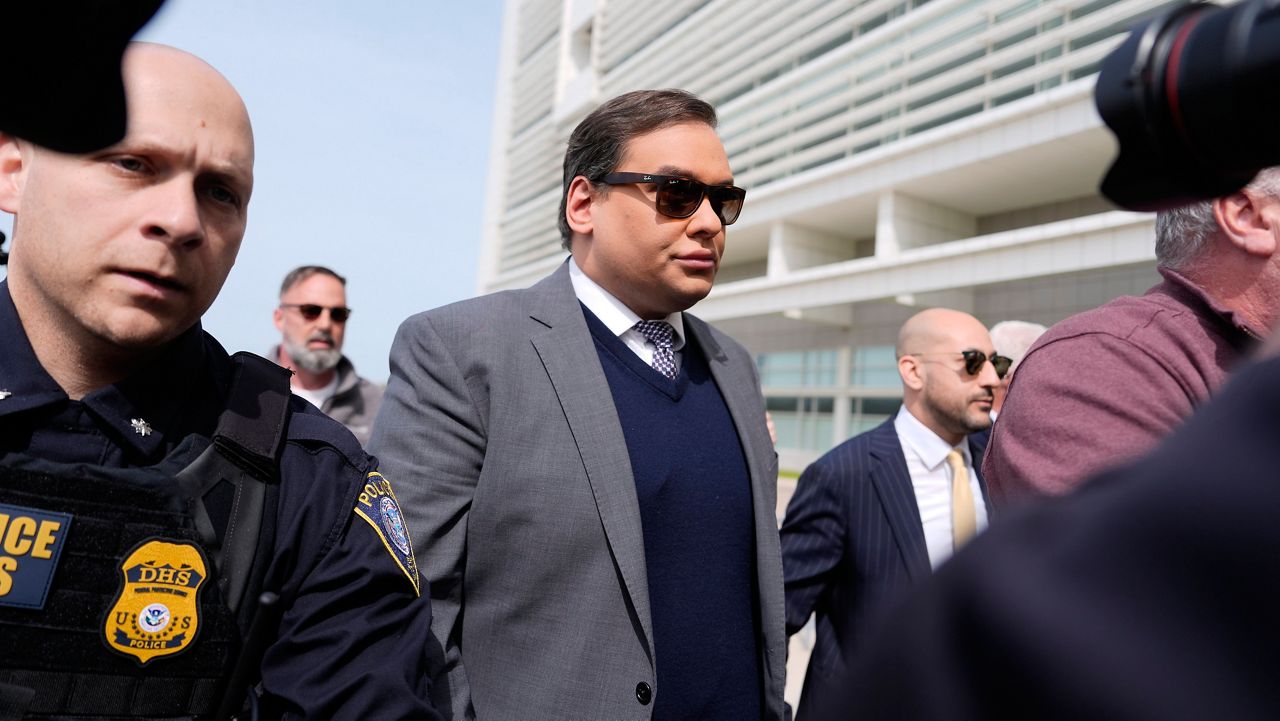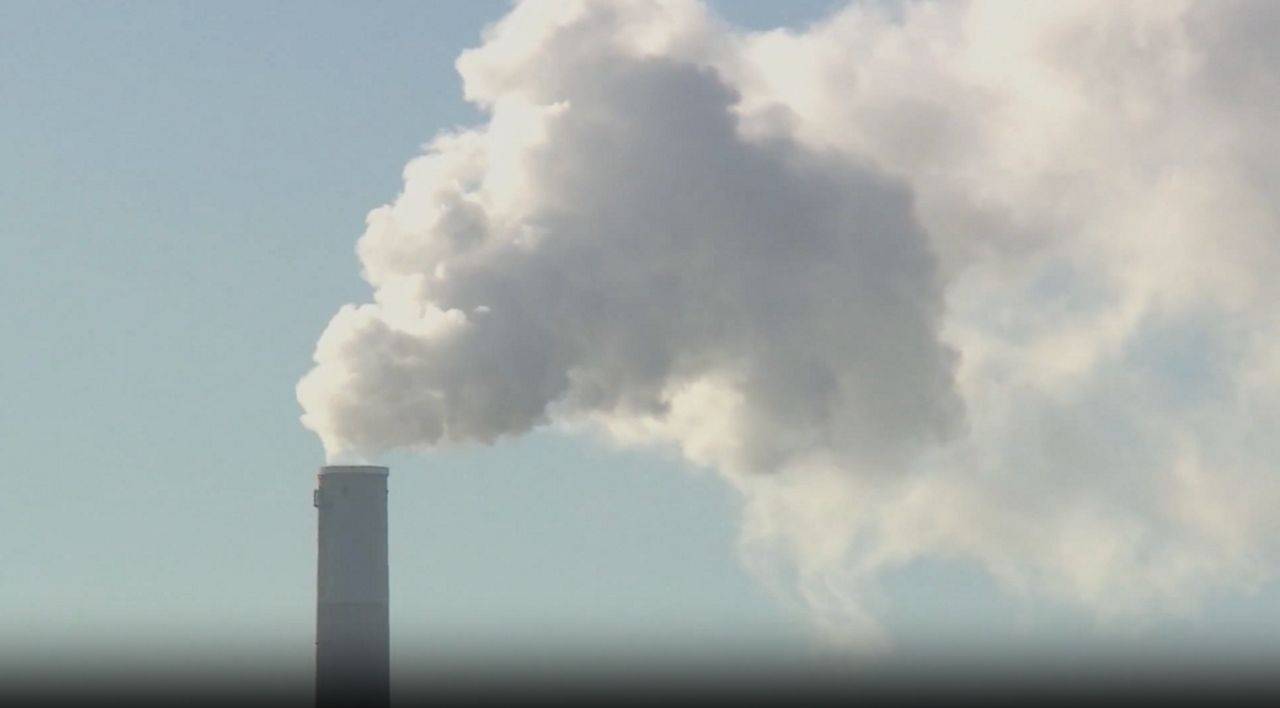The Department of Justice is not pursuing a civil rights investigation of Gov. Andrew Cuomo's handling of nursing home policy during the COVID-19 pandemic as signaled in a letter last week to Republican members of Congress. Earlier on Monday, Cuomo said the initial inquiry, made nearly a year ago, was political in the first place.
To sort out what this means for a separate investigation into nursing home data reporting by the administration, I spoke with Bill Hammond, a senior fellow at the Empire Center. The interview is edited for clarity and length.
Spectrum News 1: As far as we can tell, what was the Department of Justice seeking and what were they look at?
Bill Hammond: This was in late August of 2020. The civil rights division of the Justice Department sent these inquiry letters to four states -- New York, New Jersey, Pennsylvania and Michigan. It was a very public process. I believe these letters were announced to the media and the letter referenced policies that may have contributed to deaths in nursing homes. It cited the Civil Rights for Institutionalize Person Act which covers people in government-run institutions. So, government-run nursing homes.
They asked for infection and death data from government owned nursing homes in the four states. There are only about 30 government-run nursing homes out of more than 600 facilities total. Not all of them are operated by the state. Some of them are operated by New York City or various county governments.
It seemed like an odd approach. If you wanted to understand the impact of a policy that applied to all nursing homes in New York why you would only ask for data from only 5% of the nursing homes. It also had a little bit of a political smack to it because the governors who received these letters were all Democrats.
The letter had this language in it that was implicitly criticizing the governors for their policies before they even conducted their inquiry. It seemed unusual to me.
Spectrum News 1: Let's tease out that political angle that Gov. Cuomo and some of the other Democratic governors had claimed. Did so-called red state governors have similar policies?
Hammond: I have not seen a definitive list in this area of what different states did and didn't do. The states that I've seen referenced in media coverage having similar policies were blue states. There's a famous example of a red state, Florida, that took steps to preclude admitting positive patients into nursing homes. It wasn't necessarily a political thing that all of the governors who got this were Democrats, but what added to the perception was the very public way this was pursued. It almost seemed like the whole point of the exercise rather than getting to the bottom of what happened.
The federal government could have asked for this information themselves rather than asking for it from the governors.
Spectrum News 1: There is a separate investigation being conducted by the U.S. attorney in Brooklyn which is looking into how the Cuomo administration reported nursing home fatalities. What do we know about that so far and how does that differ from the civil rights inquiry by the DOJ?
Hammond: We first found out about that in mid-February, which was shortly after the (New York) attorney general (Letitia James) put out a report criticizing the way nursing home deaths had been reported. It was also shortly after my organization, the Empire Center, won a lawsuit under FOIL that required the state for the first time to fully disclose the data it had about nursing home deaths.
It was also around the time of the transition. The administration had changed from President Trump to President Biden. It takes a while for that transition to trickle from the Department of Justice to the U.S. attorney's office. And my understanding of this investigation is it's being done by career people rather than political appointees.
It has focused to some extent on the reporting issue. But I believe it's gone beyond that to look at some of the scandals that have popped up. For example, they're look at how the nursing home policy came to exist in the first place. They're looking at how it worked. They're looking at how it was communicated. Again, I'm a little mystified as to what law was broken. If the fundamental issue you are looking at is how nursing home deaths were reported to the public, there's no law that said the state had to be complete and honest about that.
Spectrum News 1: To that point, I've heard it's harder to make a criminal investigation than a civil rights case. What does that tell us?
Hammond: I thought it was noteworthy this letter referred to the Civil Rights for Institutionalized Persons Act and not the false claims. That original investigation applied to four states. The False Claims Act was limited to New York. The letter to the Republican members of Congress from the Justice Department only referred to that original investigation that was in all four states. So, there's a possibility in my mind anyway that DOJ is still looking at the False Claims Act piece of this.
I don't feel like that letter is a signal Cuomo is off the hook. If anything the most dangerous investigation to him and his administration is the one coming out of the U.S. Attorney's Office. And that one is still alive, on good authority, is alive. It's not going anywhere.










